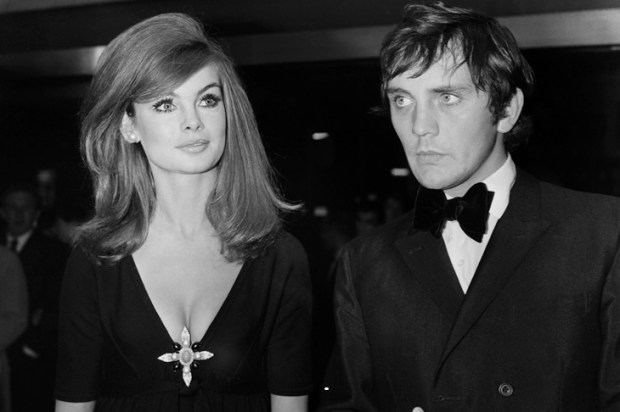Reconciliation. The word is used almost automatically, especially in the context of the arguments about the Voice referendum. It sounds so …. positive and peaceful in contrast to the stormy seas in which it floats like a life jacket. But what is the nature of reconciliation? How would it manifest? How do we recognise it has been achieved?
I have a suggestion.
Modern Australia has come to terms with the racial sins of its colonial past in many, many ways. We are halfway there, and have been for some years. The noisy minority of activists (black and white alike) are standing in the way of completion. It’s as if they can’t or won’t recognise the evidence. Here is a snapshot reminder.
In 1992, the High Court ruled in the historic Mabo decision, recognising Native Title in Australia; terra nullius was annulled.
On August 26, 1999, that then Prime Minister John Howard moved a Motion of Reconciliation, including an expression of ‘deep and sincere regret that Indigenous Australians suffered injustices under the practices of past generations and for the hurt and trauma that many Indigenous people continue to feel as a consequence of those practices’. National Sorry Day was first held a year earlier, on May 26. That was 25 years ago.
Then Prime Minister Kevin Rudd moved a motion of Apology to the Australian ‘Stolen Generation’ on February 13, 2008.
There are no corners of society, government, the law or institutions where Aborigines are discriminated against. There is no greater social taboo than to be perceived as insensitive to Aboriginal culture, history, and needs. Such has been the depth and tangible effect of the private and public acts of recognition – and the loud pronouncements of ‘sorry’.
White Australia has long been sorry, in every possible way, for the then colony’s wrongs, even for wrongs that may not have seemed so wrong at the time, even those wrongs that were committed with best intentions. In hindsight, we are all very sorry and have said so publicly, sincerely. Almost daily, it would seem. Australia wants to be reconciled.
Where was the day that marked that vital, redemptive response to ‘sorry’, the sign that the apology (and its echoes) was heard and accepted, that those wrongs, while never forgotten, would now be laid to rest and ‘forgiven’? And where is the Aboriginal and Torres Strait Islander individual or group who could articulate it on behalf of all Indigenous people? Indeed, would they all consent to it? With one Voice? The failure to close this wound is the ever-bleeding injury that continues to cause all Australians pain. There can be no healing until this is addressed and the wound properly dressed. But it is now up to those to whom the apology was addressed.
To use a colonial metaphor, the flogging doesn’t end until the flogger is satisfied and the crime is seen as punished. Just as a prison sentence, once served, settles the debt with society. Or as a penalty, once paid, acquits the offence, without erasing it.
But the agitation and the activism and the victimhood has continued, enabled by a hapless political class, encouraged by an eager Aborigine industry and hangers-on who see not only political mileage in the ‘struggle’ but lots of money. Perhaps ‘sorry day’ should be rechristened ‘sorry for self day’ to properly describe how the manipulators of white guilt have twisted the role of helping the Indigenous cause into helping their personal political cause.
Otherwise, how to explain the continued existence of those remote communities that are engulfed in alcohol, drugs, violence, and lawlessness, where children are collateral damage every day? Threatened with the dreaded ‘racist’ epithet, we are not even able to safeguard these children. When I say ‘we’, I mean the Australian community, of all colours, the bureaucrat and the politician, the citizen, and the Aboriginal community spokesman. We are rendered helpless in the face of this human disaster by the scare tactics of self-appointed, misguided moral guardians.
When people say ‘sorry’ to one another, it is an incomplete act, until it is answered by ‘forgiven’. Until that happens, Australia is cursed to a grim Groundhog Day of guilt and remorse, without forgiveness, without remedy or redemption, always pressed for yet more compensation, yet more sorry fodder – and more political power, as amplified by the Voice. I suggest that reconciliation has been on offer for years: it’s not a Voice that will deliver reconciliation, but a handshake.
One hand is already extended…

























